Why You Should Want to Pay Higher Taxes
The notion that taxes are bad for the middle class is akin to the notion that cigarette smoking is harmless, and it should be dealt with by similar means.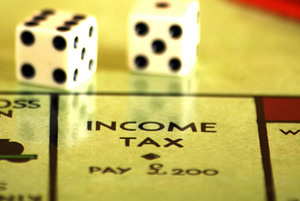
There is little doubt that our antipathy toward tax increases is irrational. Parents watch budgets for their children’s schools slashed, yet there is no movement to increase school taxes. College education becomes ever more unaffordable, yet few clamor for better funding of public universities. In a recent opinion poll, 56 percent of New York state residents said that instead of paying higher taxes they would prefer that government services be cut. While they protest government provision of services in general and health care in particular, how many of the elderly in the tea party crowd are themselves retirees who live on Social Security and receive Medicare?
The objections to higher taxes may be irrational, but they are not hard to explain. Government services and the high taxes that go with them are popular when the distribution of income is relatively equal. When the distribution of income is unequal, the provision of government services means that the rich have to subsidize everyone else and the not-rich become more anxious about personal wealth. This is when attacks on the government take root.
Between 1913, the first year that the income tax became constitutional, and 1981, the first year of the Reagan presidency, the highest federal marginal income tax rate was, on average, 68 percent. It should come as no surprise that the years of the country’s greatest prosperity for the middle class coincided with the highest tax rates. Since Ronald Reagan held the presidency, inequality has increased markedly, and today the highest marginal tax rate is only 35 percent.
The remarkable hold that the rich have on the public’s attitude toward government and taxes can explain the interesting findings of economist Amy Schmidt. Schmidt discovered that the average income of a locality does not have any effect on enrollment in private schools. What does affect enrollment is the degree of income inequality. As the proportion of families with more than twice the area’s median family income increases, so does the enrollment in private schools. In other words, as long as they do not have to subsidize the education of poorer children, the rich provide ample funding for public education, and they then prefer it to private education. But when good public education for their own kids means subsidizing poorer kids, they give their own kids a private education, and the support for the funding of public education by all voters drops.
The reason that voters who would benefit from higher taxes don’t see it this way is because they are subject to what economists call a “money illusion”; they believe that a family’s well-being is determined by how much money it has. This is why they oppose higher taxes. What these voters fail to see is that what really matters is not the absolute level of money a family has, but how much money it has compared to other families. It will do little good for a family to have $1 million to pay for an apartment if other families have more. And when the income gap between the middle class and the rich is large, there are fewer goods available to the middle class because sellers are better off selling only to the rich at fantastically high prices that only they can afford. Examples are everywhere: Airlines increase legroom for first-class passengers and reduce it in economy. Second homes in attractive locations crowd out the local workers who serve their owners. And 20,000-square-foot apartments in dense cities reduce the supply of housing for everyone but the rich.
But because wealth is relative, taxes have a magical effect. By agreeing to pay higher taxes, middle-class families would get more government services and more private goods at the same time. All that is required for this to happen is that the income tax be progressive, because when all pay higher taxes, the after-tax income of the rich decreases proportionally more than the after-tax income of the middle class.
The notion that taxes are bad for the middle class is akin to the notion that cigarette smoking is harmless, and it should be dealt with by similar means. The government counters the misinformation about smoking propagated by the cigarette companies, and it should also counter the misinformation about taxes propagated by the rich. Higher taxes result in more and better public services, and, for the rest of us, more of just about everything else.
Got taxes?
|
Moshe Adler teaches economics at Columbia University and the Van Arsdale Center for Labor Studies and is the author of the recently published “Economics for the Rest of Us: Debunking the Science That Makes Life Dismal” (The New Press). |
Independent journalism is under threat and overshadowed by heavily funded mainstream media.
You can help level the playing field. Become a member.
Your tax-deductible contribution keeps us digging beneath the headlines to give you thought-provoking, investigative reporting and analysis that unearths what's really happening- without compromise.
Give today to support our courageous, independent journalists.
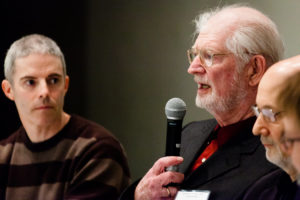
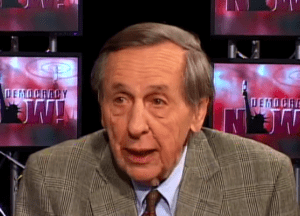
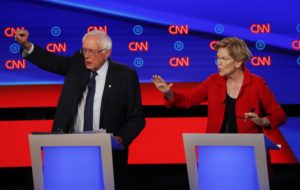


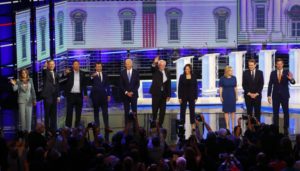
You need to be a supporter to comment.